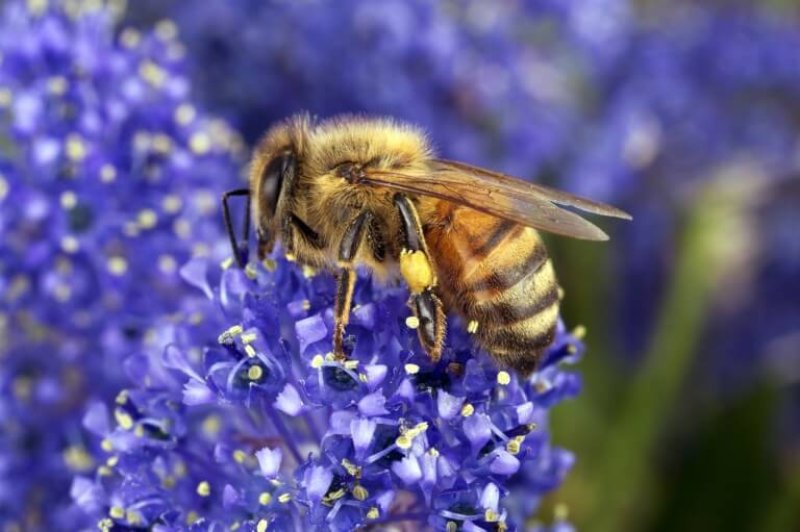A growing number of honey bees die each year due to pesticides, vanishing habitats, poor nutrition and climate change, with potentially disastrous consequences for agriculture and natural diversity. Now, scientists at the University of Helsinki have developed the first edible vaccine against microbial infections, hoping to save at least some of the pollinators.
[Editor’s note: See this GLP article for a detailed look at claims about honey bee deaths.]
…
The first vaccine inoculates bees against American foulbrood, a globally spread disease that can kill entire colonies and whose spores can remain viable for more than 50 years …. The vaccine is administered via an edible sugar patty that’s suspended in the hive for the queen to consume over seven to 10 days. After she ingests the pathogens, she is able to spark an immune response in her offspring, eventually generating an inoculated hive.
The vaccine still needs a lot of work before it can become commercially available. Scientists must ensure it’s safe for the environment, the bees themselves and humans who consume the honey ….
Read full, original article: World’s First Honey Bee Vaccine Seeks to Save Dying Pollinators
































